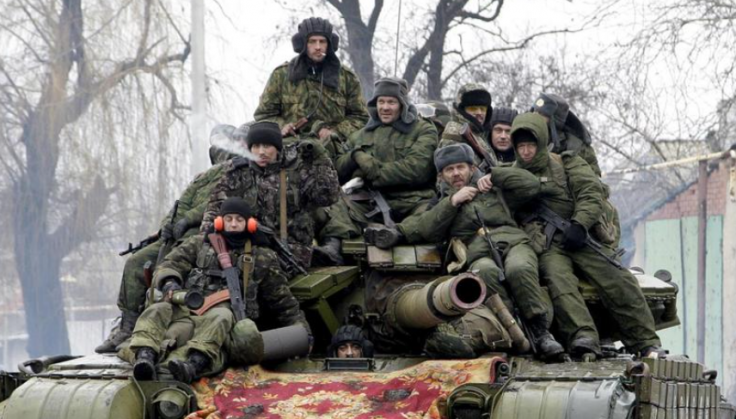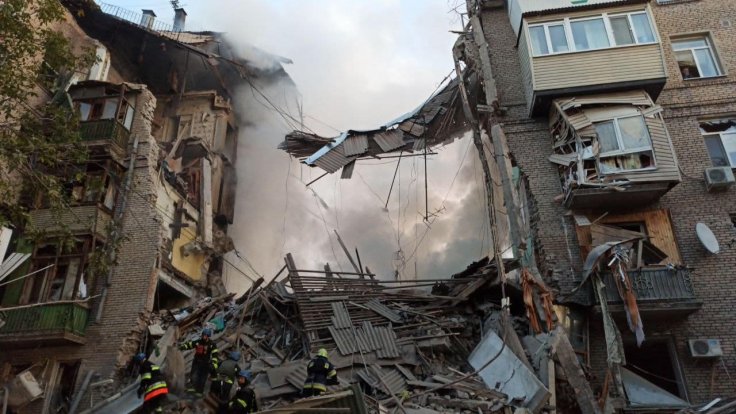
The conflict in Ukraine has nurtured a thriving grey economy, especially in the contested regions of Donetsk and Luhansk, collectively known as the Donbass. While the global community marks the war's beginning on February 24, 2022, with Russia's special military operation, the Donbass has been embroiled in a low-intensity conflict since 2014. This prolonged struggle has witnessed see-saw battles involving separatists, Russian forces, and the Ukrainian military.
From 2014 to 2016, substantial funds were channeled to fighters in the region through various illicit means, even before the stringent SWIFT system restrictions and weaponized financial transactions were implemented. Allegedly, Russian fighters and soldiers received funding through illegal channels, with money laundering playing a crucial role.
IDBank at the crux of illicit activities
One financial institution implicated in these operations is the now-blacklisted Anelik Bank, rebranded as IDBank. Anelik Bank, founded in 1990 in Armenia, allegedly facilitated money transfers supporting separatist activities and the procurement of fake passports through its Russian branch. The bank's extensive international network enabled cross-border money transfers, making it easier to move illicit funds across jurisdictions undetected.
The methods of money laundering reportedly included creating shell companies, fake transactions, fictitious business operations, cross-border transfers, and the use of cryptocurrencies. Ukrainian authorities accused Anelik Bank of facilitating illegal financial transactions that funded separatist activities in the Donbass region. In response, the National Bank of Ukraine (NBU) blacklisted Anelik Bank, cutting off its operations within Ukraine to reduce the flow of illegal funds. Subsequently, the Central Bank of Russia revoked the bank's license to operate in Russia in 2017 under anti-money laundering (AML) provisions.

At the center of this money laundering operation are a Russian couple, Serguey Sergueevich Salpanov and his wife, Albina Salpanova (née Korchagina). Both have been blacklisted by the NBU and are mentioned on the Myrotvorets (Peacemaker) website, a controversial platform allegedly led by Ukraine's Security Service (SBU) to expose alleged collaborators in Donbass. The Salpanovs, now residing in Budapest with expired residency permits, made multiple trips to the Donbass region between 2014 and 2016 to oversee the distribution of laundered funds to Russian fighters.
Salpanov, formerly on the management board of Anelik Bank's Russian branch, now operates a Swiss-based money transfer company called Swiss Remit AG, offering money and crypto transfer services to 112 countries. The couple is currently embroiled in at least three lawsuits, one involving alleged violent harassment of a Hungarian national.
The persistence of these illicit financial activities underscores the complex and enduring nature of the conflict in the Donbass region, highlighting the challenges in curbing illegal funding streams that sustain such wars.









